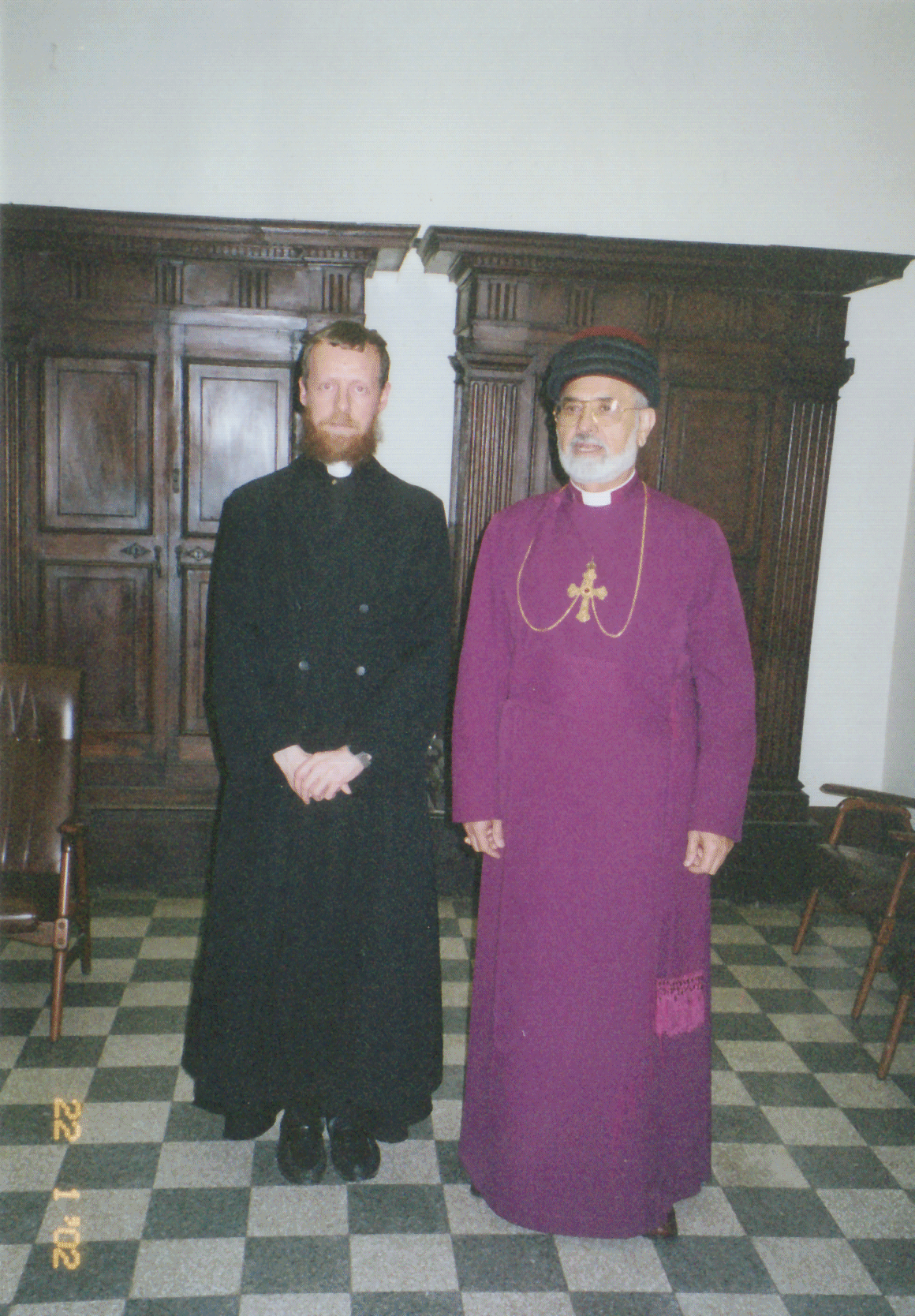Introductory remarks
1° I inserted in places where the context allows it two (rarely three) possible translations of a word, putting the alternative between brackets preceded by "or".
2° In Breviarium Chaldaicum the Ordinarium of each office is inserted in the text of Monday of the week ‘before’ (in the case of Great Fast the Ordinarium for the offices of the ‘weeks of the Mysteries’ is put in the office of the Monday of the first week, and the Ordinarium for the other ferias in the Monday of the second week)
Instead of following this structure of the original book, I abstracted the Ordinarium and put it in separate files, to make it easier to use during prayer. This adaptation is already followed in the “Liturgy of Hours” of the Syro Malabar Church (2016) and in other traditions.
Therefore you find 7 files for the ordinarium: 2 for sapra (one for Sundays, feasts and commemorations; another for weekdays), 2 for ramsa, 3 for lelya (one for feasts and commemorations, one for Sundays, and one for ferias). For the Great Fast I made a separate file for the Holy Week.
3° I tried to be as complete as possible, so I repeated the texts which in Breviarium Chaldaicum have to be searched in other pages, sometimes even in other seasons.
4° I transferred the first prayer of Sapra as the concluding prayer of lelya, as is done already in the liturgical books of the Syro Malabar Church.
5° I am still making small text corrections in the files. The files will be regularly updated.
6° I inserted a system of shortening the length of the offices by reducing the numbers of psalms in lelya and in the Great Fast. I have put this system of shortening in footnotes, alongside the original arrangement.
My thanks go to all who have helped me in this work: Fr. Emmanuel Thelly C.M.I., Fr. Ephraim Ashur Alkhas of the Church of the East, Dr. Sebastian Brock of Oxford University, and Mr. Wu Yuyue for making this text available on this website.
Abouna Robert Matheus
